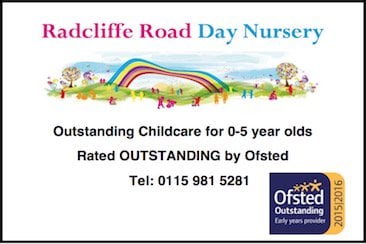The uncle of one of the 15-year-old girls raped and murdered by Colin Pitchfork says his release risks the safety of children wherever he is relocated.
Pitchfork, now in his early 60s, has been released after he was jailed for life for raping and strangling 15-year-olds Lynda Mann and Dawn Ashworth in Leicestershire in 1983 and 1986.
Dawn’s uncle, Philip Musson, told ITV News Pitchfork’s crimes are not “parole-able” and believes his actions were so severe that they warrant a “full-life tariff.”
“It’s an eventuality we as a family were dreading,” he said.
“I take the view that there are some crimes, fortunately not very many, but some crimes that are so notorious – as this was – and (that) so traumatised the community at the time, and some crimes that are just not ‘parole-able’ that really do deserve a life-tariff.
“And the murder and rape of children is one such crime.”
Pitchfork became the first man convicted of murder on the basis of DNA evidence in 1988.
His 30-year minimum term was cut by two years in 2009, he was moved to open prison HMP Leyhill in Gloucestershire three years ago, and he was released on Wednesday.
Mr Musson said he “derives no pleasure from his incarceration” but warned “it’s a matter of protection for the public” and a “just sentence for what were heinous crimes.”
“His release, as far as I’m concerned, shows total disregard for the value of the lives of Lynda Mann and my niece,” he said.
“And also I think it’s taking a very big risk with the children and the families of the community where he’s to be relocated because it’s an experiment as to whether or not he’s safe to be a member of the public again.
“Risk assessments is not an exact science and there are many examples where people have got it wrong in the past.”
He added: “The authorities that have upheld this decision to release him are subjecting those children in the community where he is to be released to an experiment as to whether or not he’s safe to be.
“I only hope they’ve got it right.”
South Leicestershire Conservative MP Alberto Costa, who campaigned against the release, said he is “extremely saddened and deeply disappointed” by the news, warning: “In my view, Pitchfork still presents a very real danger to the public.”






